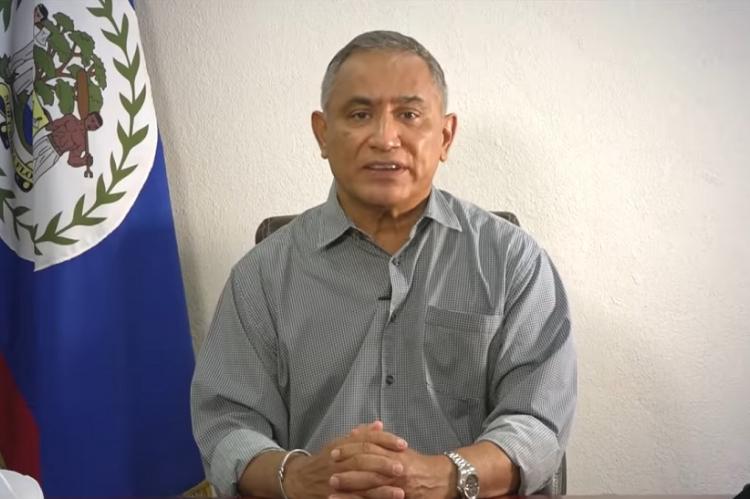Prime Minister Briceno Rejects IMF Recommendation to Increase Taxes on Basic Food Items, Citing Concerns for the Working-Class and Economic Stability
By: Omar Silva, NP Staff Writer
Belize City, Thursday: 2nd March 2023
The International Monetary Fund (IMF) has suggested that Belize remove basic food items from the zero-rated category in the Basic Food Basket, but Prime Minister John Briceño has refused to do so. While the IMF argues that this move could help the country's economic situation, the Prime Minister is concerned about the impact it could have on the working class.
On the one hand, the IMF argues that removing basic food items from the zero-rated category could help address inflation and generate more revenue for the government. However, Prime Minister Briceño believes that such a move could hurt low-income households that are already struggling to make ends meet. He argues that increasing the cost of these items could further exacerbate poverty and hardship among vulnerable groups.
In addition to concerns about the impact on the poor, there are other potential downsides to implementing the IMF's recommendation. For example, increasing taxes on basic food items could lead to inflationary pressures, as the cost of goods and services rises. This, in turn, could further erode the purchasing power of consumers and reduce economic growth. Additionally, rising food prices could lead to social unrest and political instability, as citizens become increasingly dissatisfied with their standard of living. This could have negative consequences for the country's social and economic stability.
However, it's important to note that there may be alternative measures that the government could take to address the country's economic challenges without resorting to increasing taxes on basic food items. For example, the government could consider implementing measures to boost economic growth, reduce government spending, or increase tax revenue from other sources.
Ultimately, the government will need to carefully weigh the potential costs and benefits of any policy decision and make the best decision for the country as a whole. While the IMF's recommendation could help address some economic challenges, it's important to consider the potential impact on the working class and the country's social and economic stability before making any major policy changes.
- Log in to post comments

